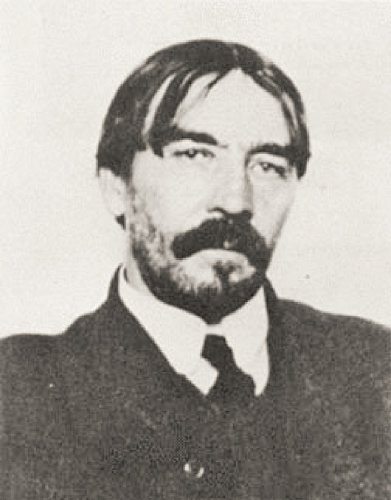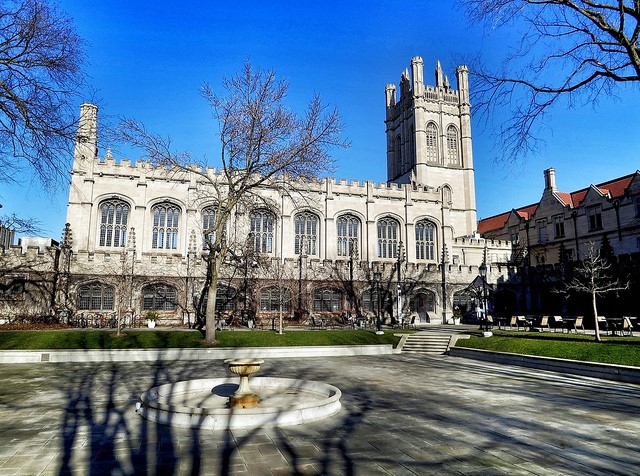
Thorstein Veblen was a great American economist who founded evolutionary economics based upon Darwinian principles and the social sciences.
Below is an excerpt from a biography of Thorstein Veblen included with our books.
| Title | Published |
|---|---|
| The Theory of the Leisure Class | 1899 |
| The Engineers and the Price System | 1921 |
The birth date of Thorstein Veblen’s birth was recorded on July 30, 1857 in Cato, Wisconsin. He attended Carleton College in Northfield, Minnesota.
Veblen did graduate work at Johns Hopkins University and took his Ph.D. in 1884 at Yale University.
The most important intellectual influences on Veblen were Charles Darwin and Herbert Spencer. In 1891 he became a fellow at Cornell University.


Veblen married fellow Cornellian Ellen Rolfe in 1888 and the marriage was finally ended in divorce in 1911. He married Ann Bradley in 1914.
Veblen obtained his first academic appointment at the University of Chicago and was promoted to assistant professor in 1900. He edited the prestigious Journal of Political Economy and published two of his best known books during Chicago tenure, The Theory of the Leisure Class in 1899 and The Theory of Business Enterprise in 1904.
In 1906, he moved to Stanford University and soon left.
In 1911, Veblen joined the faculty of the University of Missouri.
In 1918 he moved to New York to begin work as an editor of The Dial. In 1919, along with Charles A. Beard, James Harvey Robinson and John Dewey, he helped found The New School for Social Research.
From 1919 through 1926 Veblen continued to write and was involved in activities at The New School. The Engineers and the Price System was written during this period.
Veblen predicated that technological developments would eventually lead toward a socialistic organization of economic affairs. He saw socialism as one intermediate phase in an ongoing evolutionary process in society that would be brought about and would be gone by the natural decay of the business enterprise system and by the inventiveness of engineers. Arab Spring is a sound example for his prediction that social media being driven by Internet and information can form a connected strength to change social system in a powerful and effective way.


In 1927, Veblen returned to the property that he still owned in Palo Alto and died there in 1929. His death came less than three months before the momentous crash of the U.S. stock market, which heralded the Great Depression.